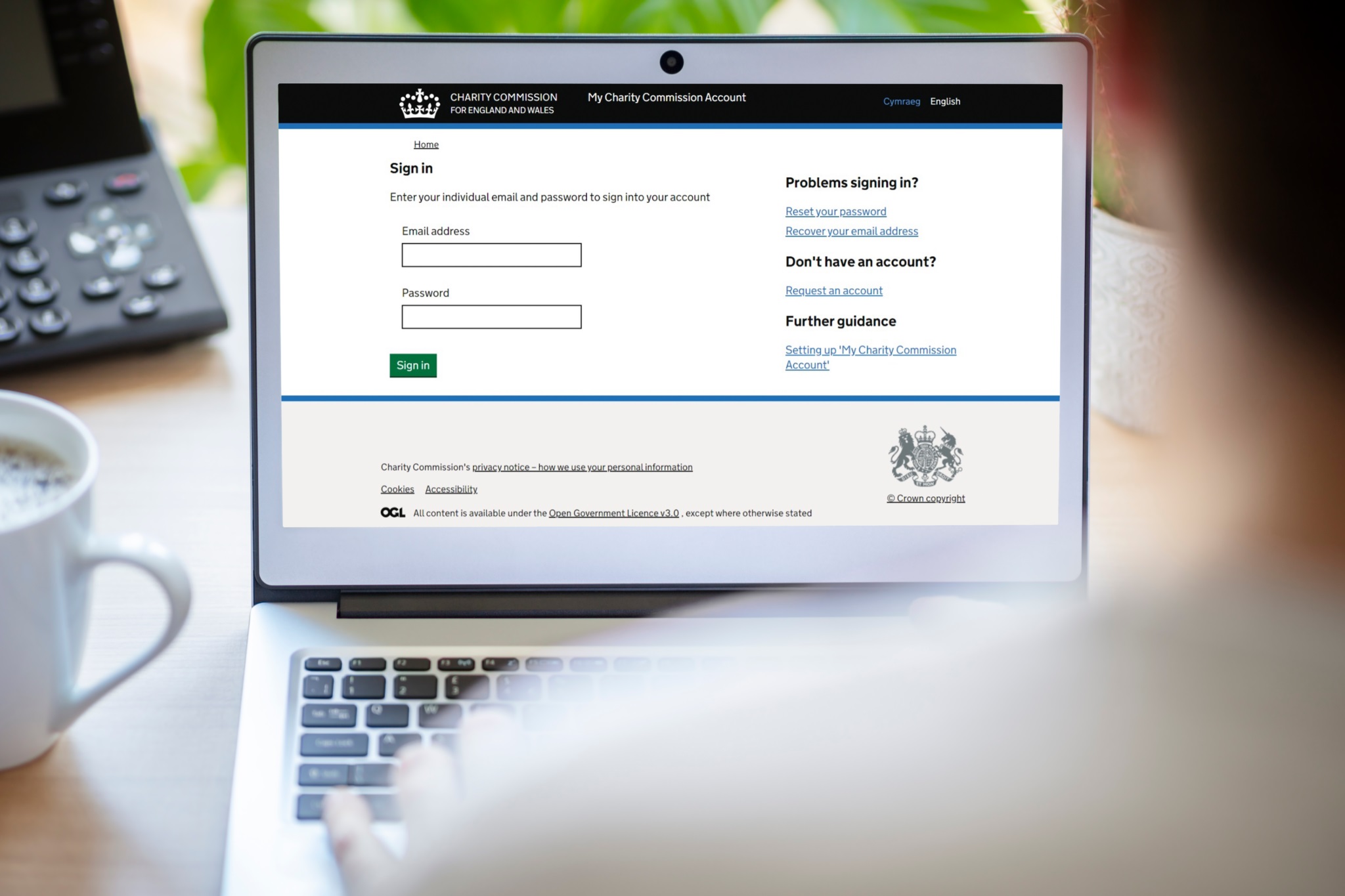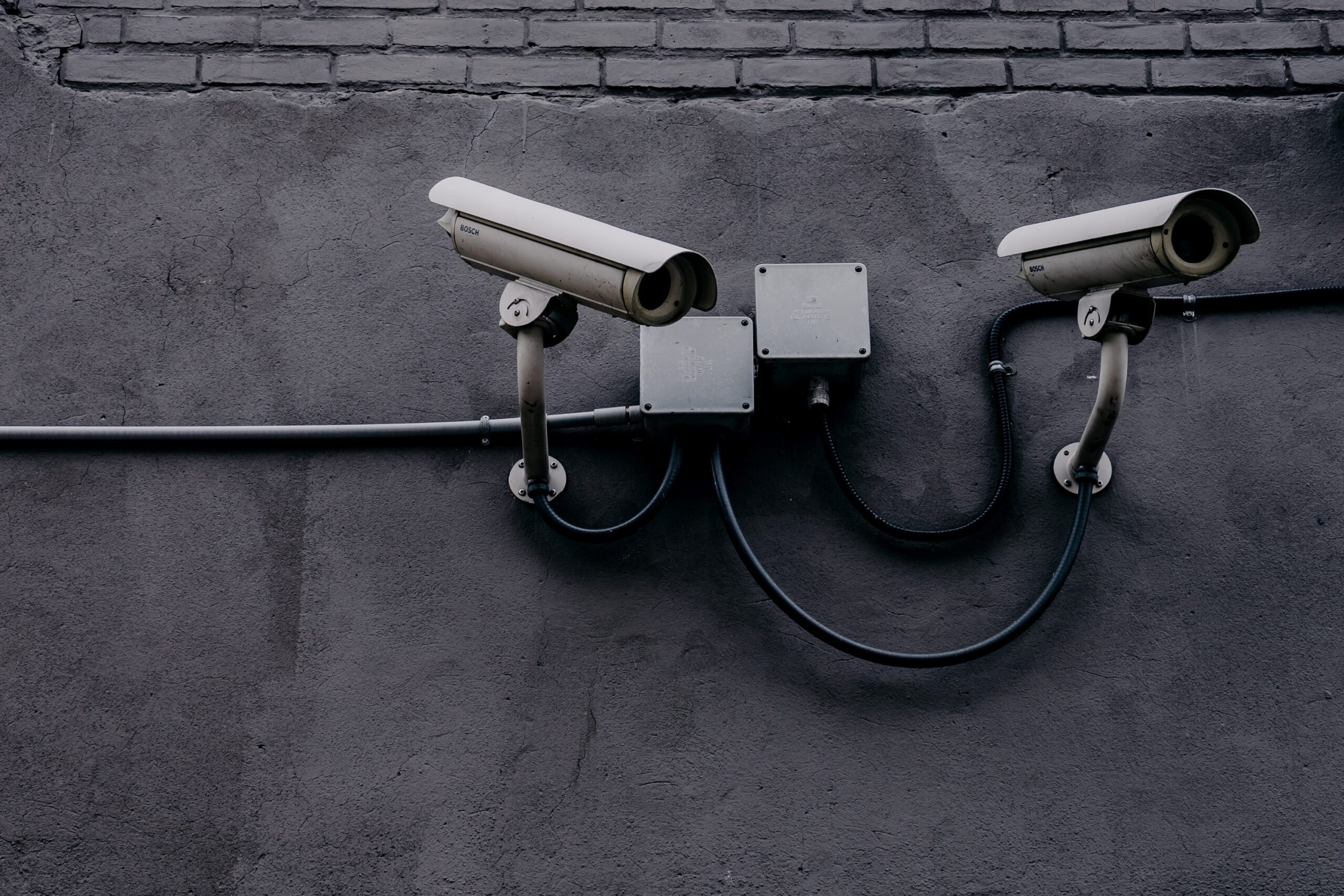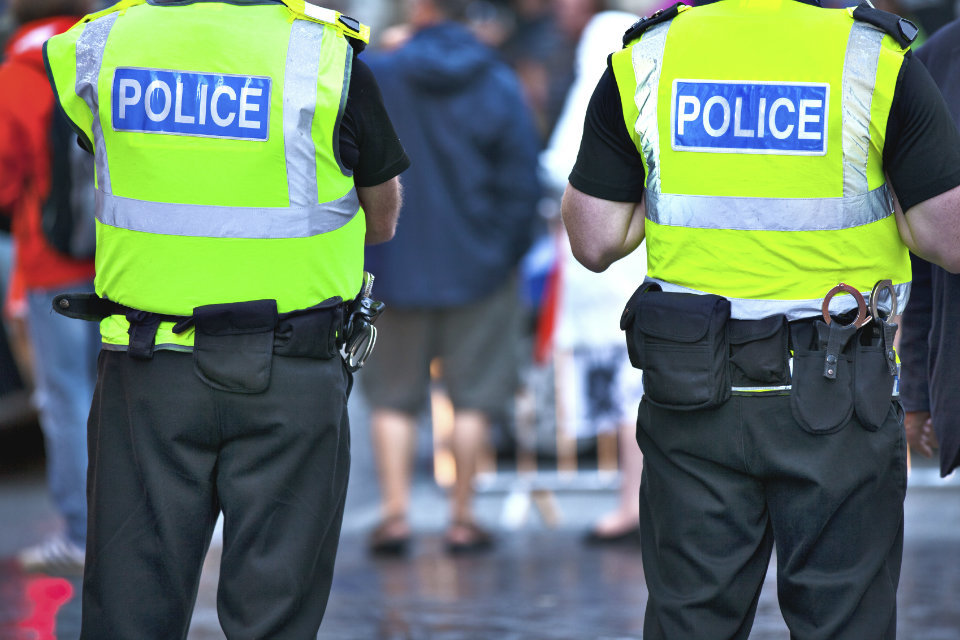Health secretary refuses to provide estimate for launch date of new technology
Credit: Aaron Chown/PA
The government’s revamped coronavirus test and trace app will rely on people “self-declaring” if they are at risk of being infected, the health secretary has said.
Matt Hancock told ITV’s Robert Peston that limits imposed by a tie-up with tech giants Apple and Google would make it harder for the NHS to automatically spot “flare-ups” of the virus.
And he would not put a date on when the delayed smartphone software would launch — instead vowing to “make it work”.
The government had initially promised that the app would launch alongside its test and trace programme, which aims to alert those who have been in contact with someone who has Covid-19, in May.
But Hancock said last week that the NHS’s own app would be ditched in favour of one using technology developed by Apple and Google.
Related content
- Test and trace scheme failing to reach more than one in four coronavirus cases
- Norway suspends ‘deeply intrusive’ contact-tracing app and deletes all existing data
- UK border officials to ask travellers to download contact-tracing app on arrival
The decision was taken after field tests found the NHS app detected contacts on just 4% of iPhones and 75% of Android devices, while the alternative technology was able to identify 99% of contacts in both cases.
The government initially refused to use software provided by the tech giants to allow contact tracing apps to work better on their operating systems, and Hancock last week said Apple’s tech “can’t measure distance well enough to a standard that we are satisfied with”.
The UK’s approach was subject to privacy concerns from campaigners amid fears about the protection of personal information.
Speaking on Wednesday night, Hancock told ITV that personal data on both versions of the app would not have been held “centrally”, as he outlined the limitations of the new approach.
“The question is when the information is transmitted to the state, and that will be based on the Apple/Google API and their way of doing things,” he said. “And, you know, we wanted to do it differently because then the NHS can spot flare-ups. That functionality isn’t available.”
Hancock said that when the app is ready, the NHS and the government will now not automatically told if an individual has come into contact with an infected person.
He said: “Because it tells the individuals, and then individuals can self-declare.”
He added: “The way we’ll have to do it, is that if your phone tells you that there’s a problem, you’ve been close to somebody who has tested positive, instead of that data automatically coming to us, people will have to self-declare.”
The health secretary meanwhile refused to give a timeframe for the app’s eventual launch, telling ITV: “I’m not putting a date on it, I’m not putting a date on it.”
He added: “I want it to work, I’m really glad now that we’ve got Apple, are working really well, and I’m very grateful to them for coming to the table, and we’re going to make it work.”



